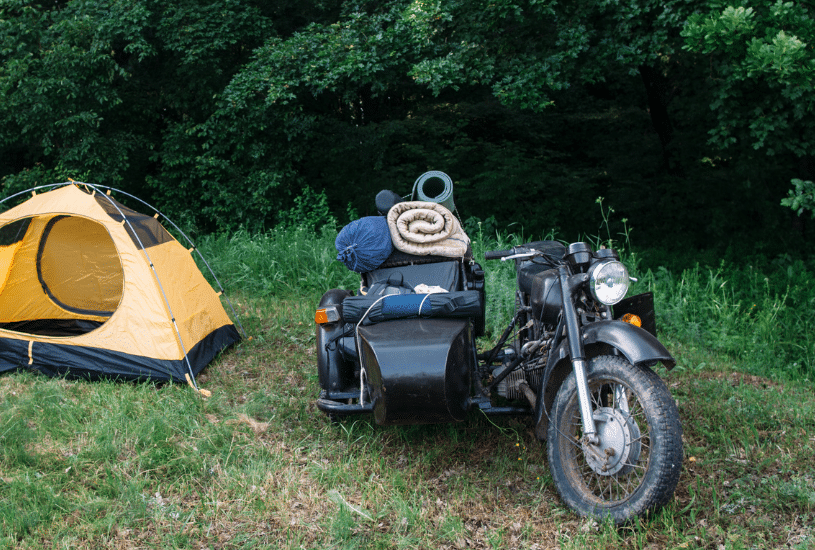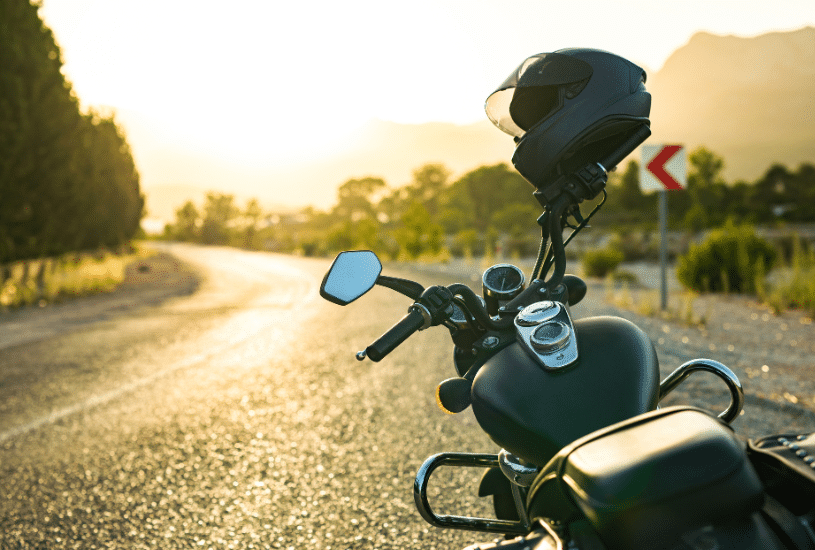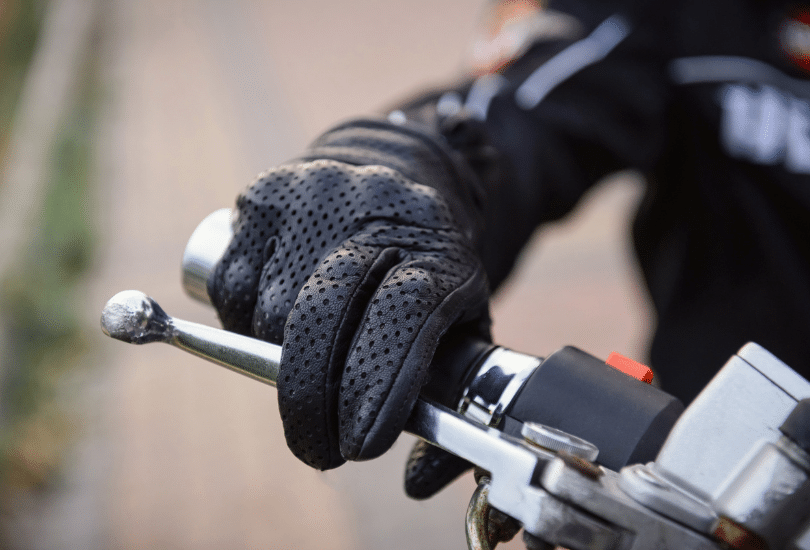If you’re a motorcycle enthusiast, you know the dangers of taking a bike on the open road. Without the exterior shell of a vehicle to protect you, risks on the road are closer than they appear, and bikers must take great caution when gearing up for a ride.
The risks only increase when the weather grows colder. Without the proper gear to protect you from winter conditions, a frosty ride can quickly shift from uncomfortable to dangerous.
Investing in quality motorcycle gear for winter is critical to protect yourself on upcoming cold weather rides. Your gear should serve as a defense against physical injury as well as low temperatures, strong winds, and various kinds of precipitation.
In this post, our team from Law Tigers will highlight the primary components of quality winter gear and discuss how to prepare the ultimate cold-weather riding setup.
Know What Kind of Weather You’ll Ride In
Before you purchase new gear, be sure to determine the weather you’ll be riding in, as the type of gear you need will change depending on the conditions you expect to face.
Of course, cold weather of any kind should involve layers of additional clothing and added rider protection. However, if winters where you live rarely get very cold or don’t get a lot of precipitation, you likely won’t need to invest in as much winter gear as a rider in a colder climate.
Motorcycle-specific gear is available for a full range of weather types, from a cool, city-side drizzle to high-elevation mountain terrain. Figure out the temperatures and specific weather you might face while riding, then use that knowledge when purchasing motorcycle gear for the elements.
The Basics of Cold-Weather Motorcycle Gear
Something to remember is that a biker’s clothing and equipment must keep them warm and safe in the cold without limiting their ability to move freely.
A free range of movement could be the difference between a few scratches and a significant injury, which makes warm-but-breathable materials a critical component of winter wear for bikers.
Luckily, as the biker culture grows and adopts features from winter sports attire, bikers have access to a wider range of garment options. Ensure that your winter gear fits you properly and allows for comfortable movement before you head out on the road.
Some aspects of your winter gear might depend on individual taste or comfort. However, generally speaking the essentials should include:
- Base layers. Many riders might skip this step, but base layers are crucial in protecting yourself against the cold. Choose water-resistant materials that will keep you dry and help keep heat beneath the other warmer layers of your gear.
- A quality winter jacket. For winter riding, a warm motorcycle jacket is a must. Opt for something with wind resistance and insulation on the inside to keep you warm–but comfortable enough to allow movement. Perhaps consider one that includes a zip out inner liner for when temperatures rise throughout the day.
- Warm motorcycle pants. Quality motorcycle pants are warm, windproof, waterproof, and allow the flexibility you need to move frely. You can wear motorcycle pants on their own, but you can also wear them over another pair of pants for extra layering and warmth.
- Waterproof gloves. Without proper protection, your hands will suffer in the elements. It’s critical to invest in a pair of waterproof, tightly sealed gloves that can shield your hands from the cold air as you ride. Gloves should never cause your hands to overheat or sweat during your ride. Make sure to look for gloves that have venting and are warm enough without causing your hands to sweat.
- Winter riding boots. Quality, weatherproof footwear is another staple of your motorcycle gear for winter. Especially for riders in extreme conditions and changing environments, waterproof, heat-trapping boots are a must.
Key Components of Quality Cold-Weather Gear
The Most Important Component: Armor
No matter the weather, the most critical part of your motorcycle gear is your armor in case of an accident. When preparing for your next ride, invest in armor for your shoulders, back, elbows, knees, and hips, depending on your comfort level and needs.
Insulation and Liners
Liners and insulation go hand-in-hand with keeping you warm on the road. Weatherproof liners shield you from the elements, while insulation traps heat in and protects you from the cold air..
Adaptability
Riding gear is only as good as its ability to adapt to you and your needs. Jackets, pants, and gloves protect you best when they fit your body, with breathable sizes and features that allow for adjustment.
Likewise, it doesn’t hurt to invest in gear with removable liners for the days the cold air isn’t as severe. A high-quality winter jacket is worth the warmth, but you might get more value from a versatile layered jacket that is adjustable depending on the weather.
Standard Layers vs. Heated Gear
Heated riding gear can offer riders convenient and comfortable protection against the cold while on the road. Depending on your personal needs, the length of your journey, and your budget, you could invest in high-quality electronically heated gear.
However, potential risks come with using this equipment. In the best case, you have to stop and replace dead batteries. In the worst case, the heating element breaks down entirely, leaving you exposed to the elements and weather conditions.
Generally, it’s safest to prepare standard layers first and only rely on heated riding gear as a backup or secondary option.
Ride With Protection From Law Tigers
Equipped with motorcycle gear for winter and a personal injury lawyer from Law Tigers, our clients have protection on and off the road.
At Law Tigers Motorcycle Lawyers, we provide excellent representation and legal counsel in the event of a motorcycle crash. Our team will help you seek compensation for any damages you suffer and offer quality legal assistance as you endeavor to get back on the road.
If you are involved in a motorcycle accident and need legal representation, call 1-800-529-8443 to schedule a free consultation today with a motorcycle attorney near you.



